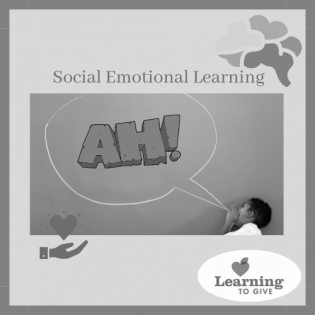Young people learn about the importance of trees to the environment and whose repsonsiblity it is to care for the trees. Through literature and analysis, they reflect on making a difference in their community.
Filter by subjects:
Filter by grades:
Filter by audience:
Filter by issue area:
Filter by content type:
Filter by resource type:
resource search
Fauja Singh broke world records along the way to becoming the first 100-year-old to run a marathon. He overcame a disability, ideas about age, as well as bigotry related to his Sikh culture. The author, who is also Sikh, was inspired by the runner to run and be an activist.
Youth will use metaphor, simile and personification to create imagery in their writing and recognize philanthropy in poetry. The learners will also become familiar with the poet laureates, Billy Collins and his writing.
"The Shout" is an Everyday SEL practice for encouraging young people to express their authentic emotions and use their emotions to create change. Cierra Kaler-Jones argues that “Righteous anger has long been used as a tool to fuel movements that have and continue to propel our nation forward towards justice. To tell students to not harness their anger is to tell them their rage isn’t warranted.”
In this lesson, students define serial reciprocity as "paying it forward." They compare the concept of paying it forward (serial reciprocity) with the work of Dr. Martin Luther King, Jr. They brainstorm issues and campaigns they can address to make an impact that ripples forward as a result of...
Writing letters to government officials is an effective way to take a stand on an issue. Young people use advocacy as a form of service.
In this lesson, youth discuss the life and legacy of Dr. Martin Luther King, Jr. and especially focus on his ethic of service.
Young people discuss the service legacy of Dr. Martin Luther King, Jr. They learn about issues they care about, such as environmental stewardship and nonviolent civil action.

